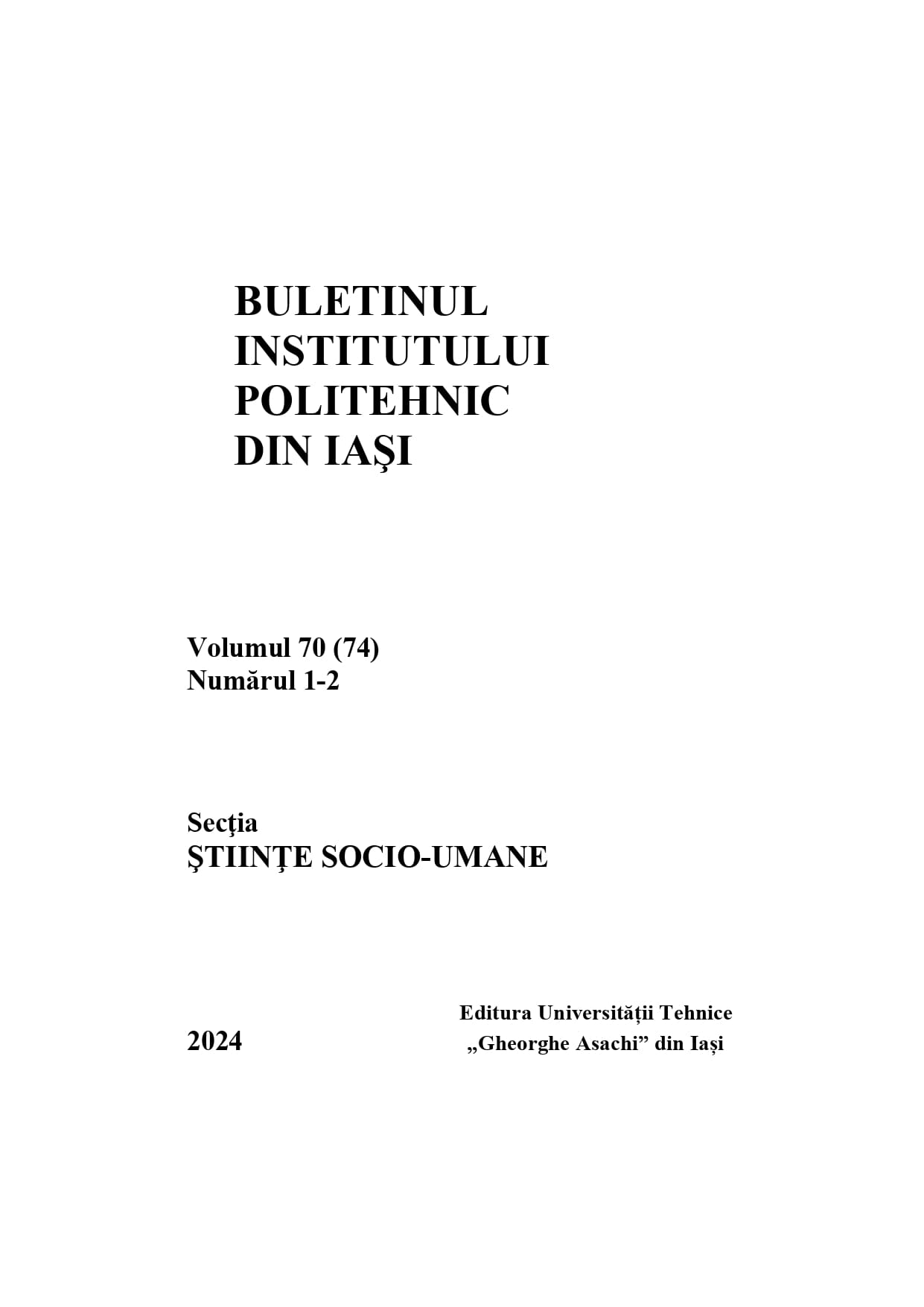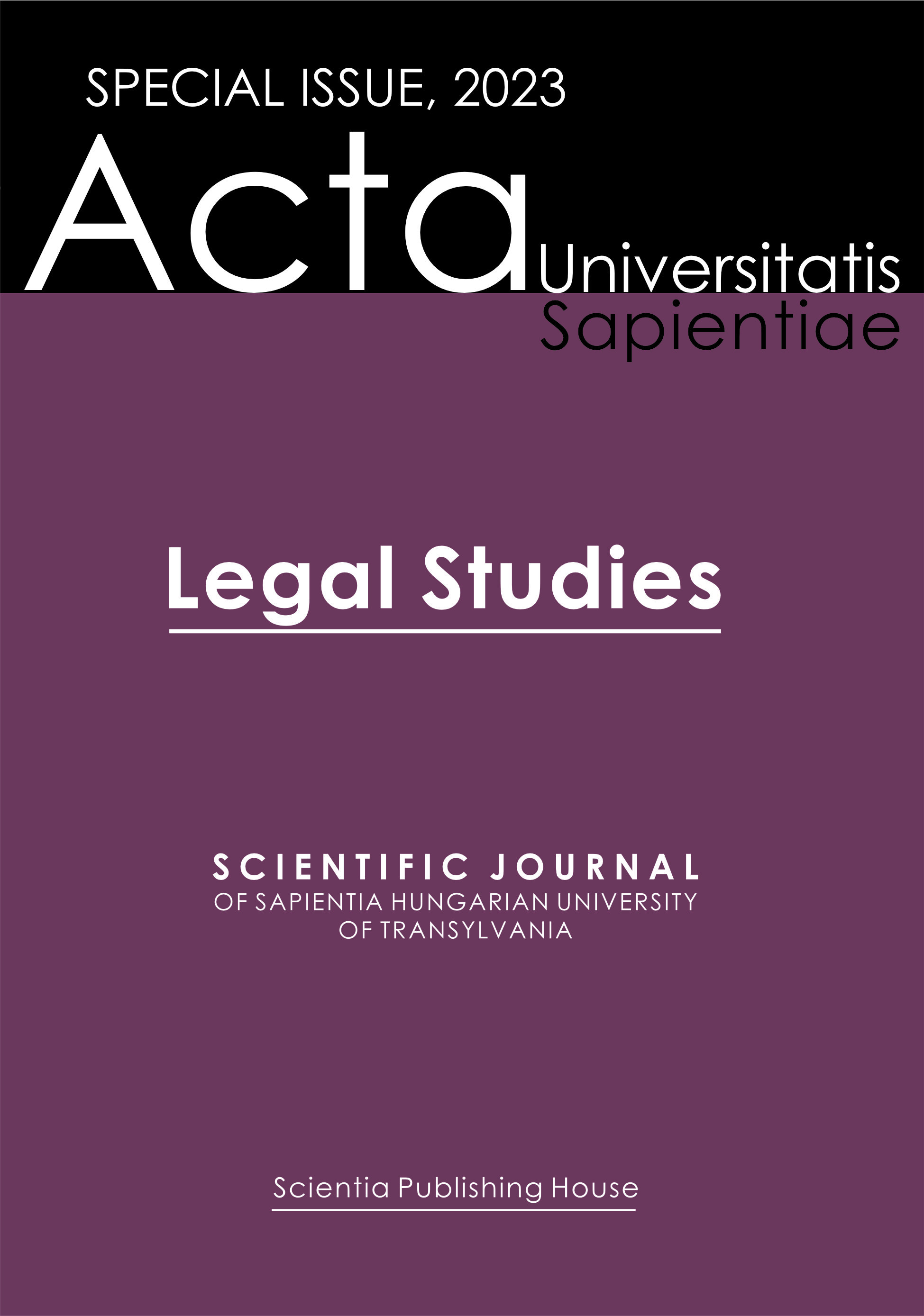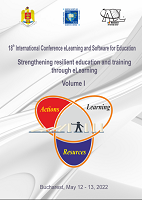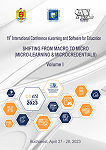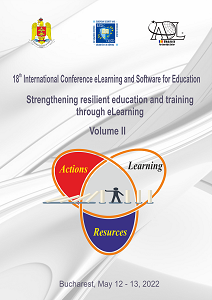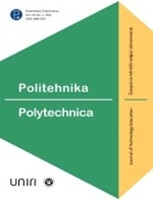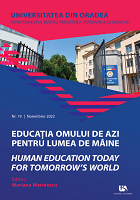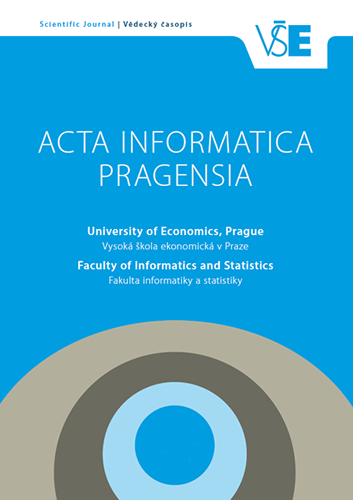Author(s): Lorenzo Merignati,Barbara Balzan,Marco Bondi / Language(s): English
Issue: 01/2023
Time management during the academic years is one of the significant challenges for graduates and undergraduates. This is even more challenging in the EU, especially when universities make compulsory skill certifications next to the well-established curricula studiorum. For example, ICT certifications, compliant with the e-CF (European Competence Framework), need extra time to be obtained. The lockdowns and the social restrictions have changed a lot of behaviors for students and their learning methods. They affected even the learning method for preparing for the e4Job certification issued by the University of Milano-Bicocca (UNIMIB). E4Job is a formal achievement compliant with the mentioned e-CF for ICT skills. And any UNIMIB student must get a bachelor's or master's degree. This work stresses a strong correlation between how the students of UNIMIB have prepared themselves to get the certification of their ICT skills and the results obtained during the test throughout the COVID period, before and after. Based on the time limits imposed by the Italian anti-COVID legislation, the work has analyzed three timespans: the pre-restrictions phase, the implementation phase and the after-restrictions phase. The analyzed data have shown a strong correlation (from 0.84 to 0.94 with an R-squared from 0.71 to 0.93) between how students have approached the learning materials to pass the e4Job exam and the results of the e4Job exam itself. In particular, the results of test simulations have been analyzed in correlation to the official test results. To find the correlation, more than 5100 preparation tests have been analyzed from the eLearning platform of UNIMIB, and more than 14500 e4Job official tests. All the analysis and the data have been extracted and manipulated following the GDPR. Afterwards, the authors discuss the outcomes, putting them into a theoretical framework, assuming that the social restrictions have profoundly changed the students' learning approach, at least in terms of time management (for example it has arisen an increased number of preparation tests during the social restrictions period). During the implementation phase and post-restriction phase, the data revealed that students got better scores on the preparatory test and during the e4Job exam. On the other hand, the results corroborate an idea well known in the instructional design literature: an online course has more chance to be fruitful and finished if the student himself can invest freely the time to spend on the contents, not having fixed constraints (such as 'excluding deadlines' and sequences of mandatory contents) or peremptory administrative cutoffs. As in fact, it happened during the pandemic: there were exam sessions but no stringent bureaucratic deadlines. Thinking about the return to the 'everyday-life' after the COVID-19 outbreak; considering the EU policies for the ICT labour market (e.g. the e-CF framework, the ESCO programme, the DESI Index); and pondering the arisen evidence of the UNIMIB students, in the conclusion, the authors discuss what kind of challenges the ecosystem of academia has to face if it wants to keep on the same track formal graduations and professional training.you use.
More...



